6th May, 2024
Accounts payable management is a critical component of financial operations for businesses of all sizes. Effectively managing accounts payable ensures timely payments to vendors, maintains positive relationships with suppliers, and optimizes cash flow. In this blog post, we’ll explore key strategies for managing accounts payable efficiently and minimizing risks associated with late payments and cash flow disruptions.
- Establish Clear Payment Policies and Procedures with Financial Automation
Establish clear payment policies and procedures outlining terms, approval workflows, and dispute resolution processes. Communicate these policies and ensure compliance with regulatory requirements. Leverage financial automation tools to standardize payment processes, enforce deadlines, and minimize delays.
2. Automate Invoice Processing with Accounting Software
Streamline invoice processing and reduce errors with automation tools and software solutions. Implement electronic invoicing systems to automate receipt, routing, and approval, improving accuracy and efficiency. Utilize OCR technology to extract data from paper invoices, eliminating manual entry tasks and enhancing control over accounts payable.
3. Negotiate Favorable Payment Terms with Expense Management Tools
Negotiate extended payment terms, early payment discounts, or installment plans with suppliers to optimize cash flow. Establish mutually beneficial relationships leading to preferential pricing and discounts. Utilize expense management tools to track spending and align payment terms with financial objectives.
4. Monitor Cash Flow and Forecast Payment Obligations with Financial Technology Regularly monitor cash flow and forecast payment obligations to anticipate expenses and ensure sufficient liquidity. Utilize cash flow forecasting tools to analyze spending patterns, project future cash flows, and identify potential gaps. Develop contingency plans and access alternative funding sources to mitigate risks.
5. Conduct Regular Reconciliations and Audits with Small Business Finance Tools Implement regular reconciliations and audits to identify discrepancies, errors, or fraudulent activities. Reconcile accounts payable records with vendor statements and purchase orders. Conduct audits to detect and prevent errors or irregularities, enlisting internal or external auditors for comprehensive reviews.
6. Embrace Technology and Innovation with Financial Software Solutions
Embrace technological advancements to enhance efficiency, accuracy, and transparency in accounts payable management. Explore cloud-based accounting software, electronic payment platforms, and blockchain technology to streamline processes and improve collaboration with vendors. Utilize data analytics tools to gain insights into spending patterns and optimize vendor relationships.
In conclusion, effective accounts payable management is essential for financial stability and success. By implementing clear payment policies, automating invoice processing, negotiating favorable terms, monitoring cash flow, conducting regular audits, and embracing technology, businesses can optimize accounts payable practices and achieve long-term success.
